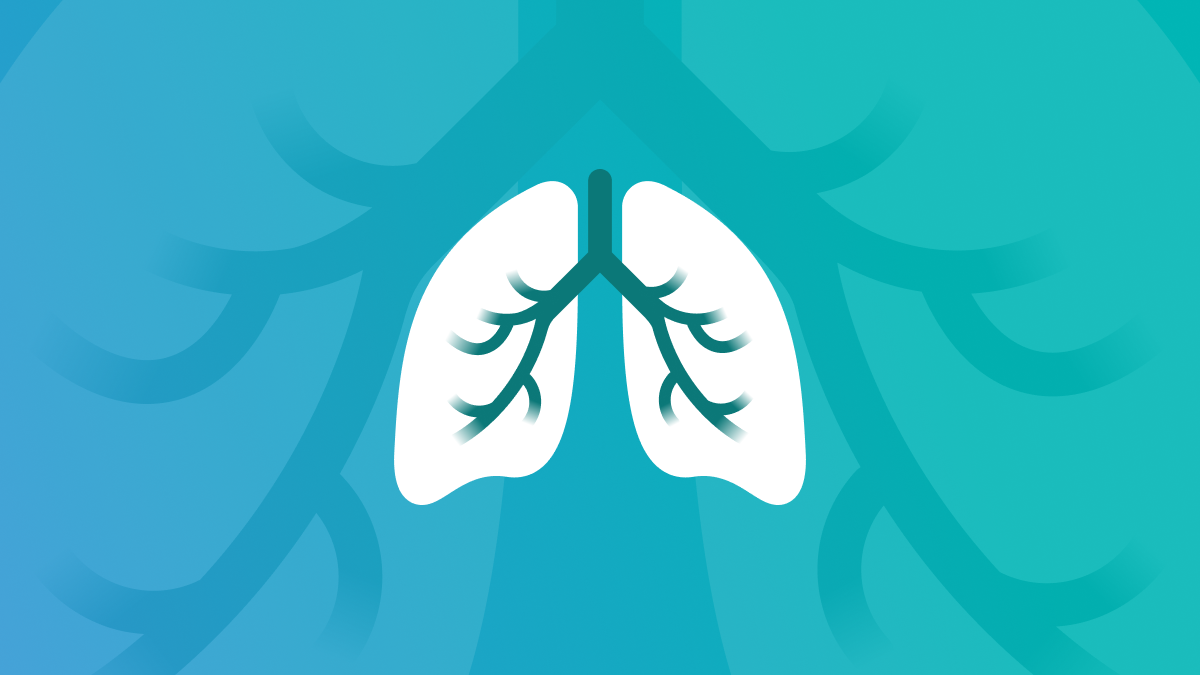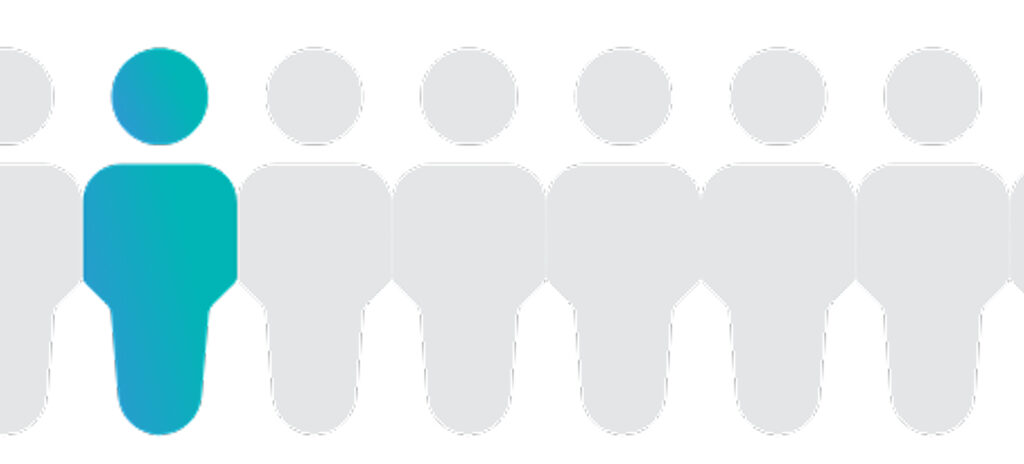Data initiative accelerates access to vital genetic and clinical insights

At the 2025 World Conference on Lung Cancer in Barcelona, the 23andMe Research Institute, in collaboration with Troper Wojcicki Philanthropies and the health data software company Lifebit, introduced an open-source platform that could help fast-track research discoveries through a powerful new cancer data repository.
The announcement comes just a year after the start of the Lung Cancer Genetics Study, spearheaded by 23andMe and bringing together more than 20 lung cancer advocacy and science organizations to recruit 10,000 people diagnosed with lung cancer. Their goal is to develop new ways to identify those at highest risk for lung cancer early, while also finding possible new treatments for this deadly cancer.
The Personal Drive Behind the Mission
The effort is personal for many of the advocates who are part of the collaboration and also for Anne Wojcicki, founder and CEO of the 23andMe Research Institute. Anne’s sister Susan Wojcicki died of lung cancer last year, just as the study began.
“My sister was passionate about understanding the science behind lung cancer so future generations could prevent the disease and treat it. The Lung Cancer Genetics Study is a step towards achieving that.” Anne said.
In the months before her death, Susan had been very involved in helping to create the study with the hope that it could help others. The idea was not just to leverage genetic data for insights into lung cancer but also to create a repository of data that would be available to as many qualified researchers as possible.
The platform — created through the collaboration between the 23andMe Research Institute, Troper Wojcicki Philanthropies, and Lifebit — offers a secure, open-source data platform for researchers to access this novel dataset. Powered by Lifebit’s Health Data Ecosystem, the platform provides qualified researchers with no-cost access to de-identified data from people diagnosed with lung cancer who have consented to participate in this research.
“More people die of lung cancer each year than breast, colon, and prostate cancer combined, yet it is one of the least funded for research. It’s important for this powerful new tool to be available at no cost to qualified researchers so that the best minds can work on unlocking the genetic insights that may lead to a cure,” said Anne.
Building a One-of-a-Kind Data Resource
Since launching the Lung Cancer Genetics Study, more than 1,200 people diagnosed with lung cancer have enrolled to participate in the research. The goal is to enroll 10,000 people by 2027, but the study has already assembled one of the most diverse cohorts ever for lung cancer genetic research.

Genetics is just one of many factors involved in why some people develop lung cancer. Exposure to tobacco smoke is perhaps the best-known risk factor; however, 80 to 90% of people with a history of tobacco exposure never get lung cancer, and many people without tobacco exposure get the disease. These facts
underscore the importance of investigating other, less well-known risk factors, like air pollution, radon exposure, and workplace-related exposures.
And there’s much more we don’t know about lung cancer. Many do not realize, for instance, that lung cancer is the number one cause of cancer death in women and the second most common cancer in women. Although lung cancer overall is decreasing because of declines in tobacco use, lung cancer among people who have never smoked is stable or increasing, and two-thirds of people diagnosed with lung cancer with no smoking history are women.
Understanding the genetics of lung cancer may help unravel some of the factors underlying those statistics. Additionally, learning more about the underlying genetics could provide researchers with more insight into the biological mechanisms of the disease, aiding in the development of improved therapies and new diagnostics.
The de-identified data that participants in the Lung Cancer Genetic Study consented to share isn’t limited to just genetics. Many participants also chose to provide self-reported clinical, lifestyle, and even tumor biomarker data. The study will also follow participants over time, gathering important longitudinal data to help researchers understand the progression of cancer as well as the response to treatments.
Empowering Researchers
By opening up access to qualified researchers, the collaborators aim to address significant gaps in current lung cancer research, break down institutional silos, and remove barriers to dataset access, thereby accelerating research progress.
“We’re delivering more than a data system — we’re enabling an entirely new model for research equity and access,” said Nadia Litterman, PhD, Director of Scientific Affairs and Partnerships at Troper Wojcicki Philanthropies.
Find Out More
Anyone who has been diagnosed with lung cancer can learn more and enroll in the study at 23andme.com/lung-cancer.
Interested researchers can begin the data access request process by contacting TWP study program manager Caitlin Nichols at caitlin@twphilanthropies.org.



